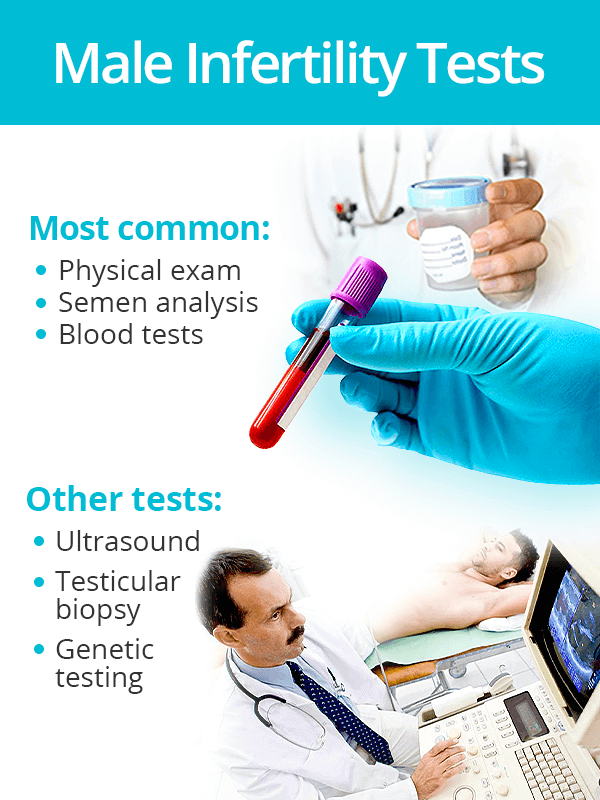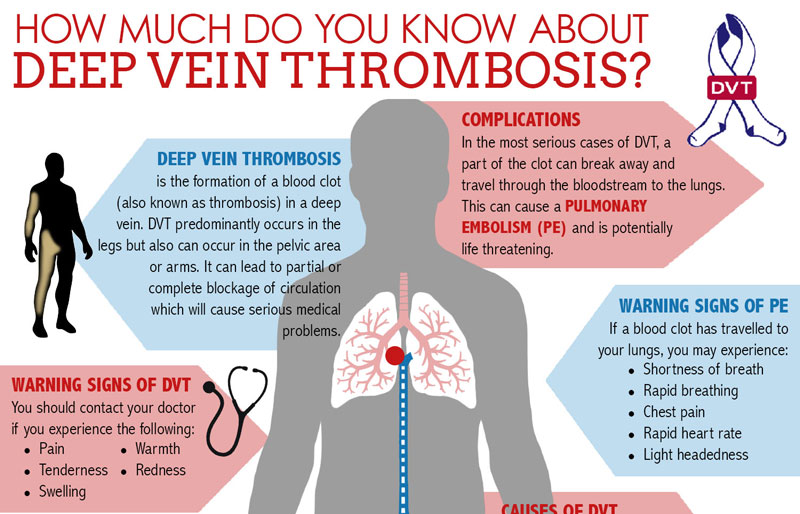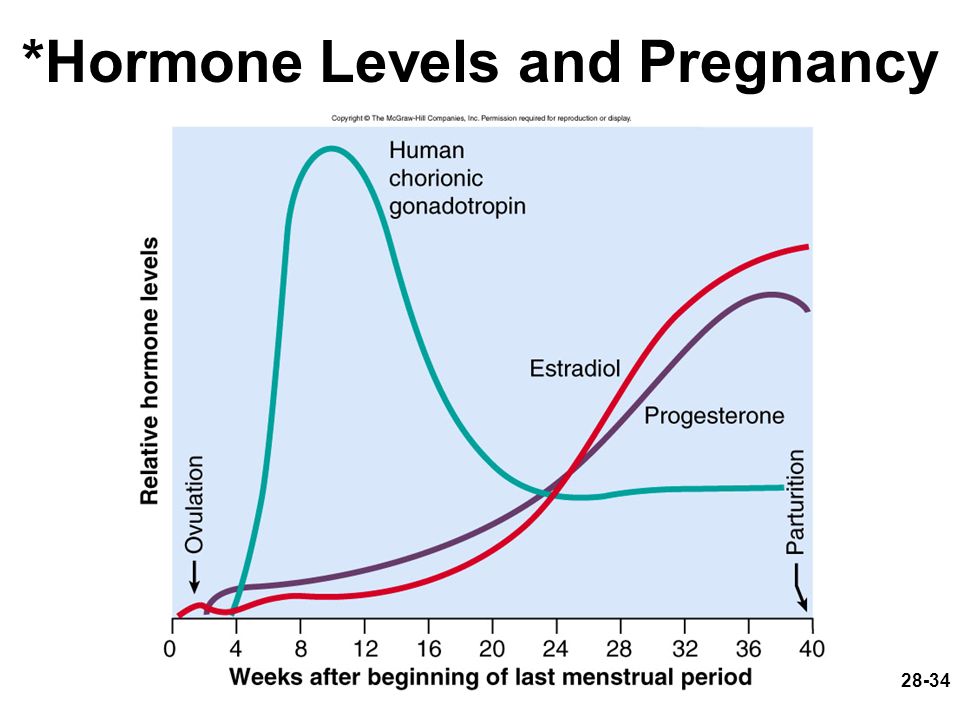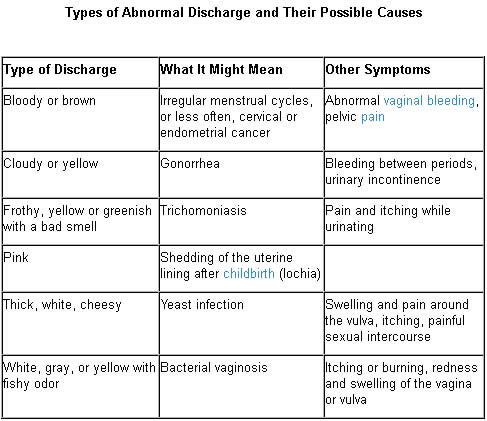How do they test for infertility
Should My Partner and I Seek Testing For Infertility?
In This Section
- Infertility Signs, Symptoms, and Causes
- Should my partner and I get tested for infertility?
- How do I cope with infertility?
Fertility tests are the best way to know whether you’re infertile, and can help you find the cause. If you’ve been trying to get pregnant for more than 1 year, talk to a doctor
How do I know if I’m infertile?
It can be hard to tell whether you’re actually infertile. Often there aren’t any signs of infertility, except for not being able to get pregnant or stay pregnant. The only way to know for sure is to meet with a doctor and get infertility testing.
When should I see a doctor about infertility testing?
It’s normal to take up to a year to get pregnant. But if you’ve been trying to get pregnant for more than 1 year and haven’t had any luck, it’s a good idea to talk with a doctor about infertility testing.
Certain health problems can make getting pregnant more difficult. Don’t wait a year to talk to your doctor if you or your partner has a history of:
-
ectopic pregnancy
-
irregular periods
-
pelvic inflammatory disease
-
repeated miscarriages
-
thyroid problems
-
cystic fibrosis
-
injury or trauma to your scrotum and testes
-
problems getting an erection
-
problems ejaculating
Some doctors recommend that women over 35 seek infertility testing after 6 months of trying to get pregnant.
Your family doctor or gynecologist can test you for infertility, or refer you to a fertility specialist. Your local Planned Parenthood health center can also help you find fertility testing in your area.
What happens during a fertility test?
Testing for infertility usually begins with a nurse or doctor talking with you about your medical history and doing a physical exam. It can take several months for your doctor to figure out what’s causing your fertility problems, so don’t get discouraged if you don’t get an answer right away.
Fertility testing of eggs/uterus/fallopian tubes:
Your doctor will give you a pelvic exam. They may also use an ultrasound to look at your ovaries and uterus, and give you a blood test to check your hormones. Sometimes you’ll need to start tracking your ovulation patterns by checking your cervical mucus, taking your temperature, or using home ovulation tests.
Other tests and procedures are usually done later if the first exams don’t find the answer. A special test called a hysterosalpingogram (HSG) can help see if your fallopian tubes are open. A doctor will put dye in your uterus, and then use an X-ray machine to watch the dye move through your uterus and fallopian tubes.
A special test called a hysterosalpingogram (HSG) can help see if your fallopian tubes are open. A doctor will put dye in your uterus, and then use an X-ray machine to watch the dye move through your uterus and fallopian tubes.
In some cases, infertility testing may include minor surgeries to look inside your body. The doctor will use special tools to check your fallopian tubes, ovaries, and uterus for problems.
Fertility testing of sperm/semen:
This type of fertility testing usually includes a physical exam and a semen analysis. Your semen will be tested for:
-
sperm count (how many sperm there are in your semen)
-
how quickly your sperm move
-
the size, shape, and quality of your sperm
-
the amount of seminal fluid
You may also have a blood test to find out if there are any hormone problems that could make it harder for you to cause a pregnancy.
How is infertility treated?
There are several types of infertility treatments. The kinds that are best for you depend on the cause of your fertility problems. Sometimes only one person needs treatment, other times both partners will use a combination of treatments together.
The kinds that are best for you depend on the cause of your fertility problems. Sometimes only one person needs treatment, other times both partners will use a combination of treatments together.
Treatment for infertility can include a combination of lifestyle changes, medicine, hormone therapy, and surgical procedures. If there’s a problem with your sperm or eggs, you can use sperm and/or eggs from a donor. Two of the most common fertility treatments are intrauterine insemination (IUI) and in vitro fertilization (IVF). Learn more about fertility treatments.
Treating infertility usually begins by visiting a doctor who specializes in pregnancy and infertility. Your family doctor or gynecologist can refer you to a fertility specialist. You may also be able to get fertility treatments, or help finding a fertility specialist in your area, from your local Planned Parenthood health center.
More questions from patients:
How is infertility in women treated?
There are several ways to treat infertility in cis women. The treatments that are best for you depend on the cause of your fertility problems. Sometimes only one person needs treatment, other times both partners will use a combination of treatments together.
The treatments that are best for you depend on the cause of your fertility problems. Sometimes only one person needs treatment, other times both partners will use a combination of treatments together.
Treatment for infertility can include a combination of
-
lifestyle changes
-
medicine
-
hormone therapy
-
surgery
If there’s a problem with your eggs, you can use eggs from someone else who volunteers to donate their eggs. Two of the most common fertility treatments are intrauterine insemination (IUI) and in vitro fertilization (IVF). Learn more about fertility treatments.
Treating infertility usually begins by visiting a doctor who specializes in pregnancy and infertility. They’ll talk to you about your medical history and do a physical exam. It can take several months for your doctor to figure out what’s causing fertility problems, so don’t get discouraged if you don’t get an answer right away.
Your family doctor or ob-gyn can refer you to a fertility specialist. You may also be able to get fertility treatments, or help finding a fertility specialist in your area, from your local Planned Parenthood health center.
What is male infertility?
Male infertility is when a couple's inability to get or stay pregnant is caused by issues in the male reproductive system.
The most common causes of infertility in cis men include:
-
Untreated chlamydia or gonorrhea
-
Low sperm count (not having enough sperm in your semen)
-
Poor sperm motility (when sperm doesn’t swim well enough to reach an egg)
-
Semen that’s too thick for sperm to easily move around in it
-
No sperm in your semen
-
Having too many or too little of the hormones that help your body make sperm
-
Issues with ejaculation
-
Injury to your scrotum and testes
There also are health and lifestyle factors than can increase the risk of infertility in men.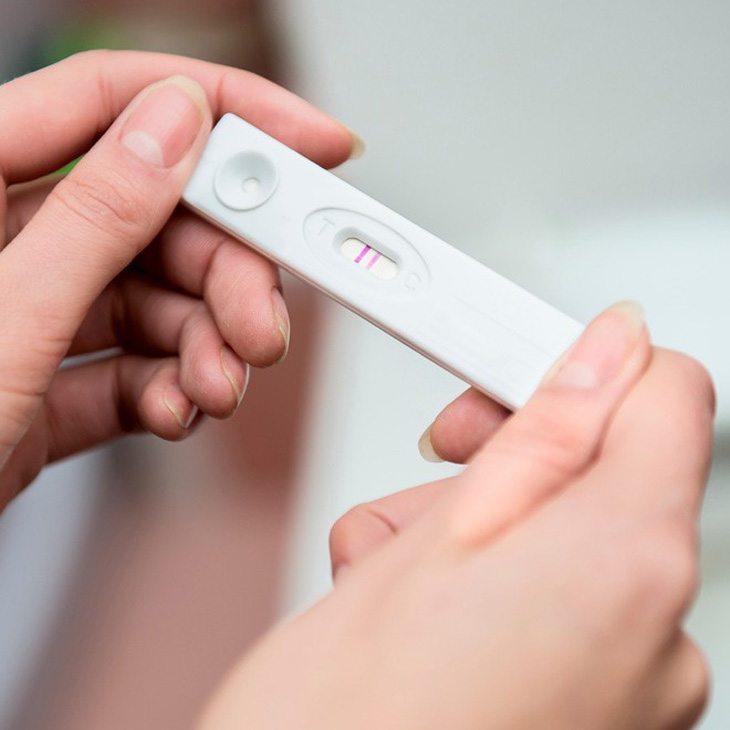 These include:
These include:
-
Being middle-aged or older
-
Being very overweight or very underweight
-
Smoking cigarettes
-
Drug or alcohol abuse
-
Not getting tested for chlamydia and gonorrhea
-
Cancer and its treatments
-
Overexposure to certain chemicals and toxins
- Yes
- No
Help us improve - how could this information be more helpful?
How did this information help you?
Please answer below.
Are you human? (Sorry, we have to ask!)
Please don't check this box if you are a human.
You’re the best! Thanks for your feedback.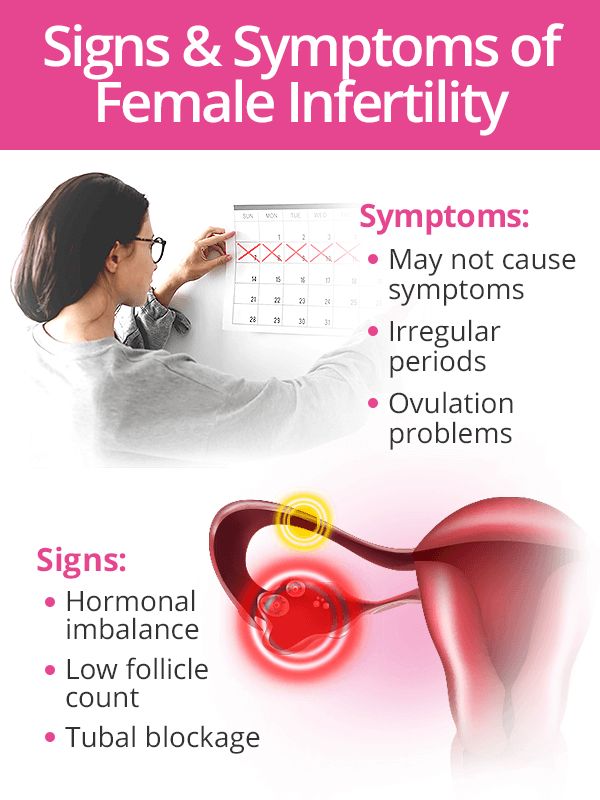
Thanks for your feedback.
Back to top
We couldn't access your location, please search for a location.
Zip, City, or State
Please enter a valid 5-digit zip code or city or state.
Please fill out this field.
Service All Services Abortion Abortion Referrals Birth Control COVID-19 Vaccine HIV Services Men's Health Care Mental Health Morning-After Pill (Emergency Contraception) Pregnancy Testing & Services Primary Care STD Testing, Treatment & Vaccines Transgender Hormone Therapy Women's Health Care
Filter By All Telehealth In-person
Please enter your age and the first day of your last period for more accurate abortion options. Your information is private and anonymous.
Your information is private and anonymous.
AGE This field is required.
Or call 1-800-230-7526
Infertility - Diagnosis and treatment
Diagnosis
Before infertility testing, your doctor or clinic works to understand your sexual habits and may make recommendations to improve your chances of getting pregnant. In some infertile couples, no specific cause is found (unexplained infertility).
Infertility evaluation can be expensive, and sometimes involves uncomfortable procedures. Some medical plans may not cover the cost of fertility treatment. Finally, there's no guarantee — even after all the testing and counseling — that you'll get pregnant.
Tests for men
Male fertility requires that the testicles produce enough healthy sperm, and that the sperm is ejaculated effectively into the vagina and travels to the egg. Tests for male infertility attempt to determine whether any of these processes are impaired.
You may have a general physical exam, including examination of your genitals.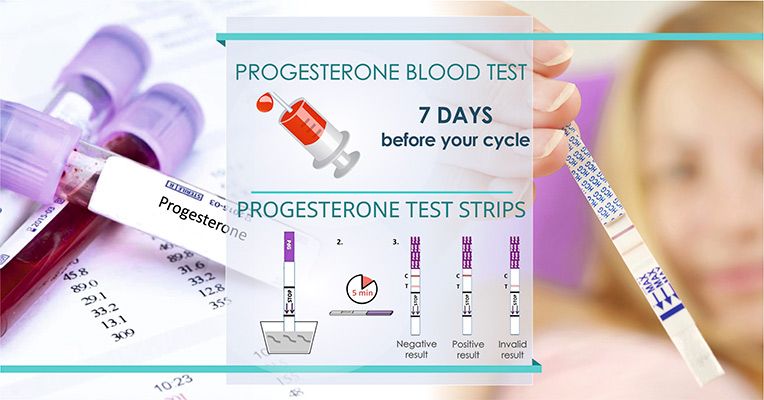 Specific fertility tests may include:
Specific fertility tests may include:
- Semen analysis. Your doctor may ask for one or more semen specimens. Semen is generally obtained by masturbating or by interrupting intercourse and ejaculating your semen into a clean container. A lab analyzes your semen specimen. In some cases, urine may be tested for the presence of sperm.
- Hormone testing. You may have a blood test to determine your level of testosterone and other male hormones.
- Genetic testing. Genetic testing may be done to determine whether there's a genetic defect causing infertility.
- Testicular biopsy. In select cases, a testicular biopsy may be performed to identify abnormalities contributing to infertility or to retrieve sperm for assisted reproductive techniques, such as IVF.
- Imaging. In certain situations, imaging studies such as a brain MRI, transrectal or scrotal ultrasound, or a test of the vas deferens (vasography) may be performed.

- Other specialty testing. In rare cases, other tests to evaluate the quality of the sperm may be performed, such as evaluating a semen specimen for DNA abnormalities.
Tests for women
Video: HSG test for female infertility
Blocked fallopian tubes or an abnormal uterine cavity may cause infertility.
Hysterosalpingography, or HSG, is an X-ray test to outline the internal shape of the uterus and show whether the fallopian tubes are blocked.
In HSG, a thin tube is threaded through the vagina and cervix. A substance known as contrast material is injected into the uterus.
A series of X-rays, or fluoroscopy, follows the dye, which appears white on X-ray, as it moves into the uterus and then into the tubes. If there is an abnormality in the shape of the uterus, it will be outlined.
If the tube is open, the dye gradually fills it. The dye spills into the pelvic cavity, where the body resorbs it.
Hysteroscopy
Hysteroscopy
During hysteroscopy, a thin, lighted instrument (hysteroscope) provides a view of the inside of the uterus.
Hysterosonography
Hysterosonography
During hysterosonography (his-tur-o-suh-NOG-ruh-fee), a care provider uses a thin, flexible tube (catheter) to inject salt water (saline) into the hollow part of the uterus. An ultrasound probe gets images of the inside of the uterus to check for anything unusual.
Fertility for women relies on the ovaries releasing healthy eggs. The reproductive tract must allow an egg to pass into the fallopian tubes and join with sperm for fertilization. The fertilized egg must travel to the uterus and implant in the lining. Tests for female infertility try to find out if any of these processes are impaired.
You may have a general physical exam, including a regular gynecological exam. Specific fertility tests may include:
- Ovulation testing. A blood test measures hormone levels to determine whether you're ovulating.
- Hysterosalpingography. Hysterosalpingography (his-tur-o-sal-ping-GOG-ruh-fee) evaluates the condition of your uterus and fallopian tubes and looks for blockages or other problems.
 X-ray contrast is injected into your uterus, and an X-ray is taken to determine if the cavity is normal and to see if the fluid spills out of your fallopian tubes.
X-ray contrast is injected into your uterus, and an X-ray is taken to determine if the cavity is normal and to see if the fluid spills out of your fallopian tubes. - Ovarian reserve testing. This testing helps determine the quantity of the eggs available for ovulation. This approach often begins with hormone testing early in the menstrual cycle.
- Other hormone testing. Other hormone tests check levels of ovulatory hormones, as well as pituitary hormones that control reproductive processes.
- Imaging tests. Pelvic ultrasound looks for uterine or ovarian disease. Sometimes a sonohysterogram, also called a saline infusion sonogram, is used to see details inside the uterus that are not seen on a regular ultrasound.
Depending on your situation, rarely your testing may include:
- Hysteroscopy. Depending on your symptoms, your doctor may request a hysteroscopy to look for uterine disease.
 During the procedure, your doctor inserts a thin, lighted device through your cervix into your uterus to view any potential abnormalities.
During the procedure, your doctor inserts a thin, lighted device through your cervix into your uterus to view any potential abnormalities. - Laparoscopy. This minimally invasive surgery involves making a small incision beneath your navel and inserting a thin viewing device to examine your fallopian tubes, ovaries and uterus. A laparoscopy may identify endometriosis, scarring, blockages or irregularities of the fallopian tubes, and problems with the ovaries and uterus.
Not everyone needs to have all, or even many, of these tests before the cause of infertility is found. You and your doctor will decide which tests you will have and when.
Care at Mayo Clinic
Our caring team of Mayo Clinic experts can help you with your infertility-related health concerns Start Here
More Information
- Infertility care at Mayo Clinic
- Genetic testing
- Pelvic exam
Treatment
Infertility treatment depends on:
- What's causing the infertility
- How long you've been infertile
- Your age and your partner's age
- Personal preferences
Some causes of infertility can't be corrected.
In cases where spontaneous pregnancy doesn't happen, couples can often still achieve a pregnancy through use of assisted reproductive technology. Infertility treatment may involve significant financial, physical, psychological and time commitments.
Treatment for men
Men's treatment for general sexual problems or lack of healthy sperm may include:
- Changing lifestyle factors. Improving lifestyle and certain behaviors can improve chances for pregnancy, including discontinuing select medications, reducing or eliminating harmful substances, improving frequency and timing of intercourse, exercising regularly, and optimizing other factors that may otherwise impair fertility.
- Medications. Certain medications may improve sperm count and likelihood for achieving a successful pregnancy. These medicines may increase testicular function, including sperm production and quality.
- Surgery. For some conditions, surgery may be able to reverse a sperm blockage and restore fertility.
 In other cases, surgically repairing a varicocele may improve overall chances for pregnancy.
In other cases, surgically repairing a varicocele may improve overall chances for pregnancy. - Sperm retrieval. These techniques obtain sperm when ejaculation is a problem or when no sperm are present in the ejaculated fluid. They may also be used in cases in which assisted reproductive techniques are planned and sperm counts are low or otherwise abnormal.
Treatment for women
Some women need only one or two therapies to improve fertility. Other women may need several different types of treatment to achieve pregnancy.
- Stimulating ovulation with fertility drugs. Fertility drugs are the main treatment for women who are infertile due to ovulation disorders. These medications regulate or induce ovulation. Talk with your doctor about fertility drug options — including the benefits and risks of each type.
- Intrauterine insemination (IUI). During IUI, healthy sperm are placed directly in the uterus around the time the ovary releases one or more eggs to be fertilized.
 Depending on the reasons for infertility, the timing of IUI can be coordinated with your normal cycle or with fertility medications.
Depending on the reasons for infertility, the timing of IUI can be coordinated with your normal cycle or with fertility medications. - Surgery to restore fertility. Uterine problems such as endometrial polyps, a uterine septum, intrauterine scar tissue and some fibroids can be treated with hysteroscopic surgery. Endometriosis, pelvic adhesions, and larger fibroids may require laparoscopic surgery or surgery with a larger incision of the abdomen.
Assisted reproductive technology
In vitro fertilization
In vitro fertilization
During in vitro fertilization, eggs are removed from mature follicles within an ovary (A). An egg is fertilized by injecting a single sperm into the egg or mixing the egg with sperm in a petri dish (B). The fertilized egg (embryo) is transferred into the uterus (C).
ICSI
ICSI
In intracytoplasmic sperm injection (ICSI), a single healthy sperm is injected directly into each mature egg. ICSI is often used when semen quality or number is a problem or if fertilization attempts during prior in vitro fertilization cycles failed.
ICSI is often used when semen quality or number is a problem or if fertilization attempts during prior in vitro fertilization cycles failed.
Assisted reproductive technology (ART) is any fertility treatment in which the egg and sperm are handled. There are several types of ART.
In vitro fertilization (IVF) is the most common ART technique. IVF involves stimulating and retrieving multiple mature eggs, fertilizing them with sperm in a dish in a lab, and implanting the embryos in the uterus several days after fertilization.
Other techniques are sometimes used in an IVF cycle, such as:
- Intracytoplasmic sperm injection (ICSI). A single healthy sperm is injected directly into a mature egg. ICSI is often used when there is poor semen quality or quantity, or if fertilization attempts during prior IVF cycles failed.

- Assisted hatching. This technique assists the implantation of the embryo into the lining of the uterus by opening the outer covering of the embryo (hatching).
- Donor eggs or sperm. Most ART is done using a couple's own eggs and sperm. However, if there are severe problems with either the eggs or the sperm, you may choose to use eggs, sperm or embryos from a known or anonymous donor.
- Gestational carrier. Women who don't have a functional uterus or for whom pregnancy poses a serious health risk might choose IVF using a gestational carrier. In this case, the couple's embryo is placed in the uterus of the carrier for pregnancy.
Complications of treatment
Complications of infertility treatment may include:
- Multiple pregnancy. The most common complication of infertility treatment is a multiple pregnancy — twins, triplets or more.
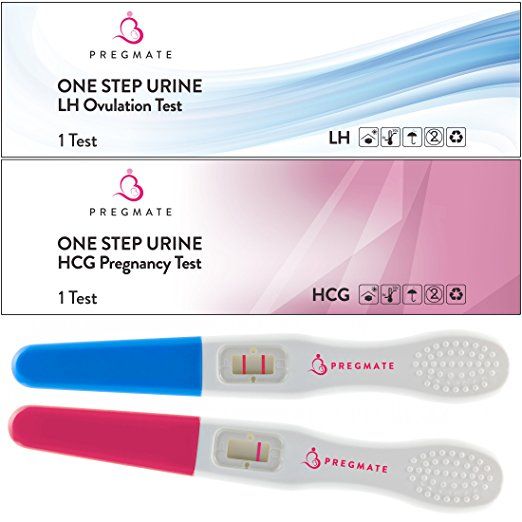 Generally, the greater the number of fetuses, the higher the risk of premature labor and delivery, as well as problems during pregnancy such as gestational diabetes. Babies born prematurely are at increased risk of health and developmental problems. Talk to your doctor about any concerns you have about a multiple pregnancy before starting treatment.
Generally, the greater the number of fetuses, the higher the risk of premature labor and delivery, as well as problems during pregnancy such as gestational diabetes. Babies born prematurely are at increased risk of health and developmental problems. Talk to your doctor about any concerns you have about a multiple pregnancy before starting treatment. - Ovarian hyperstimulation syndrome (OHSS). Fertility medications to induce ovulation can cause OHSS, particularly with ART, in which the ovaries become swollen and painful. Symptoms may include mild abdominal pain, bloating, and nausea that lasts about a week, or longer if you become pregnant. Rarely, a more severe form causes rapid weight gain and shortness of breath requiring emergency treatment.
- Bleeding or infection. As with any invasive procedure, there is a rare risk of bleeding or infection with assisted reproductive technology or reproductive surgery.
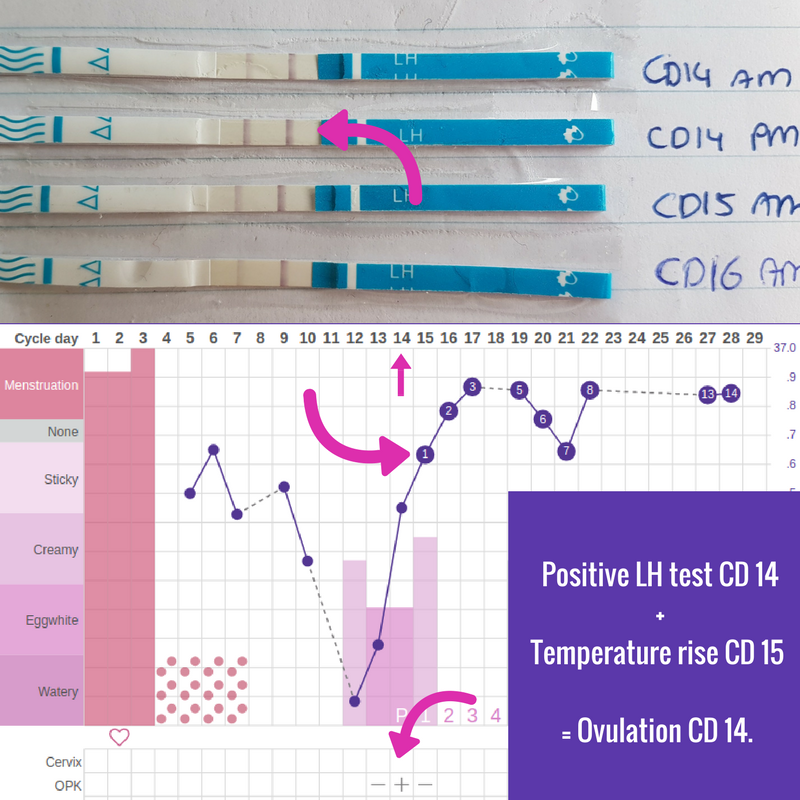
More Information
- Infertility care at Mayo Clinic
- In vitro fertilization (IVF)
- Vasectomy reversal
Request an Appointment at Mayo Clinic
Clinical trials
Explore Mayo Clinic studies testing new treatments, interventions and tests as a means to prevent, detect, treat or manage this condition.
Coping and support
Coping with infertility can be extremely difficult because there are so many unknowns. The journey can take an emotional toll on a couple. Taking these steps can help you cope:
- Be prepared. The uncertainty of infertility testing and treatments can be difficult and stressful. Ask your doctor to explain the steps, and prepare for each one.
- Set limits. Decide before starting treatment which procedures, and how many, are emotionally and financially acceptable for you and your partner. Fertility treatments may be expensive and often are not covered by insurance companies, and a successful pregnancy often depends on repeated attempts.

- Consider other options. Determine alternatives — donor sperm or egg, gestational carrier or adoption, or even having no children — as early as possible in the infertility evaluation. This may reduce anxiety during treatments and feelings of hopelessness if conception doesn't occur.
- Seek support. Locate support groups or counseling services for help before and after treatment to help endure the process and ease the grief should treatment fail.
Managing emotional stress during treatment
Try these strategies to help manage emotional stress during treatment:
- Express yourself. Reaching out to others can help you deal with guilt or anger.
- Stay in touch with loved ones. Talking to your partner, family and friends can be very beneficial. The best support often comes from loved ones and those closest to you.
- Reduce stress. Some studies have shown that couples experiencing psychological stress had poorer results with infertility treatment.
 Try to reduce stress in your life before trying to become pregnant.
Try to reduce stress in your life before trying to become pregnant. - Exercise and eat a healthy diet. Keeping up a moderate exercise routine and a healthy diet can improve your outlook and keep you focused on living your life.
Managing emotional effects of the outcome
You'll face the possibility of psychological challenges no matter your results:
- Not achieving pregnancy, or having a miscarriage. The emotional stress of not being able to have a baby can be devastating even in the most loving and affectionate relationships.
- Success. Even if fertility treatment is successful, it's common to experience stress and fear of failure during pregnancy. If you have a history of depression or anxiety disorder, you're at increased risk of these problems recurring in the months after your child's birth.
- Multiple births. A successful pregnancy that results in multiple births introduces medical complexities and the likelihood of significant emotional stress both during pregnancy and after delivery.

Seek professional help if the emotional impact of the outcome of your fertility treatments becomes too heavy for you or your partner.
Preparing for your appointment
Depending on your age and personal health history, your doctor may recommend a medical evaluation. A gynecologist, urologist or family doctor can help determine whether there's a problem that requires a specialist or clinic that treats infertility problems. In some cases, both you and your partner may require a comprehensive infertility evaluation.
What you can do
To get ready for your first appointment:
- Provide details about your attempts to get pregnant. Write down details about when you started trying to conceive and how often you've had intercourse, especially around the midpoint of your cycle — the time of ovulation.
- Bring your key medical information. Include any other medical conditions you or your partner has, as well as information about any previous infertility evaluations or treatments.

- Make a list of any medications, vitamins, herbs or other supplements you take. Include the doses and how often you take them.
- Make a list of questions to ask your doctor. List the most important questions first in case time runs short.
For infertility, some basic questions to ask your doctor include:
- What are the possible reasons we haven't yet conceived?
- What kinds of tests do we need?
- What treatment do you recommend trying first?
- What side effects are associated with the treatment you're recommending?
- What is the likelihood of conceiving multiple babies with the treatment you're recommending?
- For how many cycles will we try this treatment?
- If the first treatment doesn't work, what will you recommend trying next?
- Are there any long-term complications associated with this or other infertility treatments?
Don't hesitate to ask your doctor to repeat information or to ask follow-up questions.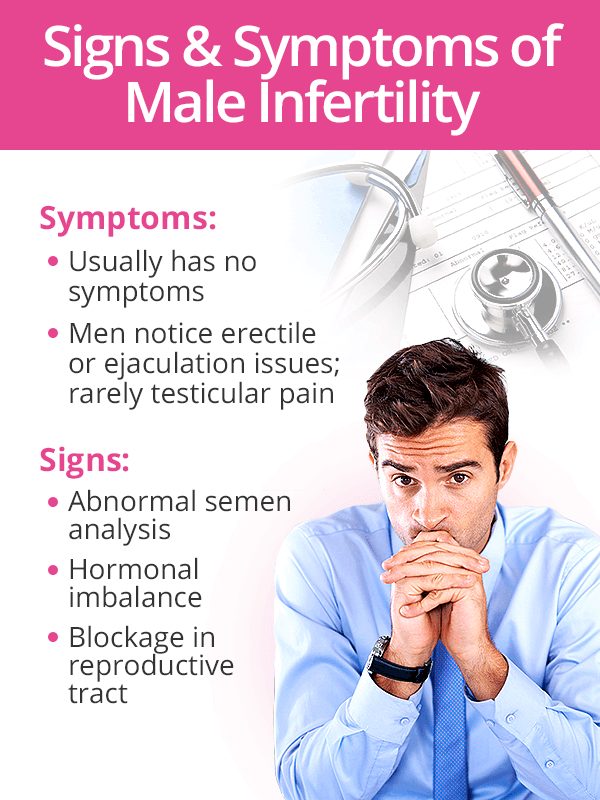
What to expect from your doctor
Be ready to answer questions to help your doctor quickly determine next steps in making a diagnosis and starting care.
Questions for couples
Possible questions for couples include:
- How long have you been actively trying to get pregnant?
- How often do you have intercourse?
- Do you use any lubricants during sex?
- Do either of you smoke?
- Do either of you use alcohol or recreational drugs? How often?
- Are either of you currently taking any medications, dietary supplements or anabolic steroids?
- Have either of you been treated for any other medical conditions, including sexually transmitted infections?
Questions for men
Your doctors may ask:
- Do you have any difficulties putting on muscle or do you take any substances to increase muscle mass?
- Do you ever notice a fullness in the scrotum, particularly after standing for extended periods of time?
- Do you experience any testicular pain or pain after ejaculation?
- Have you had any sexual problems, such as difficulty maintaining an erection, ejaculating too soon, not being able to ejaculate or reduced sexual desire?
- Have you conceived a child with any previous partners?
- Do you regularly take hot baths or steam baths?
Questions for the woman
Your doctors may ask:
- At what age did you start menstruating?
- What are your cycles typically like? How regular, long and heavy are they?
- Have you ever been pregnant before?
- Have you been charting your cycles or testing for ovulation? If so, for how many cycles?
- What is your typical daily diet?
- Do you exercise regularly? How much?
By Mayo Clinic Staff
Related
Associated Procedures
Products & Services
Male infertility
- INVITRO
- Library
- Disease guide
- Male infertility
Hypogonadism
Syphilis
HIV
19028 12 October nine0013
IMPORTANT!
The information in this section should not be used for self-diagnosis or self-treatment. In case of pain or other exacerbation of the disease, only the attending physician should prescribe diagnostic tests. For diagnosis and proper treatment, you should contact your doctor.
For a correct assessment of the results of your analyzes in dynamics, it is preferable to do studies in the same laboratory, since different laboratories may use different research methods and units of measurement to perform the same analyzes. nine0013
nine0013
Male infertility: causes, symptoms, diagnosis and treatment.
Definition
Male infertility is a condition in which sperm cannot fertilize a woman's egg, resulting in a woman not becoming pregnant. Every fifth married couple in the world cannot have children (about 15-20%, according to statistics), in almost half of the cases the cause is male infertility.
Causes of male infertility
The risk factors for the development of infertility in men include:
- Pathological conditions associated with damage to the testicles themselves: injuries, developmental anomalies, infections.
- Sexual and mental disorders.
- Varicocele (dilation of the veins of the pampiniform plexus of the spermatic cord).
- Influence on the reproductive system of various harmful substances, drugs, radiation, ionizing radiation, and high temperature (for example, due to frequent very hot baths).
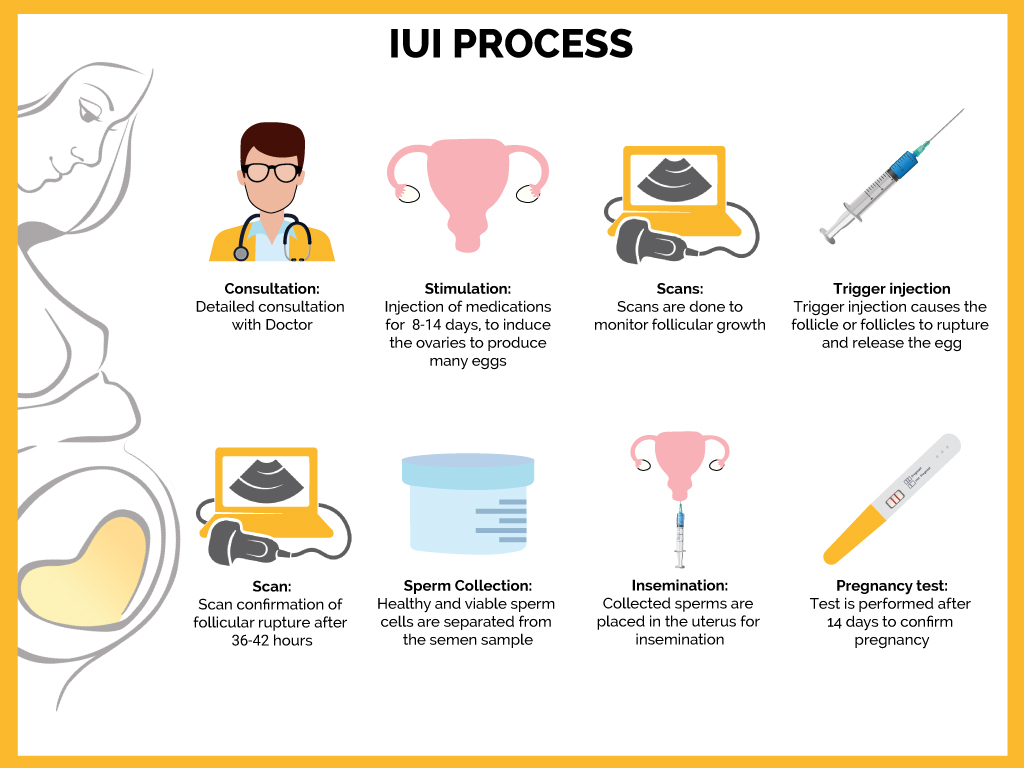 nine0004
nine0004 - Disorder of the immune system, metabolism.
Common causes of infertility in men are genetic disorders, for example:
- Testicular pathologies: cryptorchidism (descent of the testicle affects the patency of the genital tract), monorchism (presence of only one testicle), anorchism (absence of testicles).
- Gonadal dysgenesis (congenital primary defect of the gonads).
- Primary hypogonadism (decreased testicular function - decreased sperm count and male sex hormones). nine0004
- Pituitary insufficiency is a disease characterized by a decrease in the production of sex hormones.
Special attention deserves the influence of bad habits, bad environmental factors and various drugs on the reproductive function of men.
Fertility in men is reduced due to the intake of certain drugs: calcium antagonists, nitrofurans, many antibiotics, sulfonamides.
Work in hazardous production, where there is a risk of lead intoxication and constant contact with manganese, mercury, ammonia, etc., adversely affects the reproductive health of a man. testicular tissue.
Classification of male infertility
- Primary, or congenital. With this type of pathology, male spermatozoa are never able to fertilize an egg. nine0004
- Secondary, or acquired, is diagnosed in cases where the loss of the ability to fertilize occurs as a result of injuries or past diseases.
- Secretory infertility is characterized by a decrease or complete absence of spermatozoa in the ejaculate. First of all, the cause of this condition is hypogonadism (insufficiency of testicular function - a decrease in the production of male sex hormones and spermatozoa), which can be both primary and secondary. In the case of primary hypogonadism in the testicles, sperm synthesis does not occur or is reduced. With secondary hypogonadism, the pathology is localized in the centers of the nervous system responsible for the regulation of spermatogenesis; most often develops with brain tumors, craniocerebral injuries, diseases of the nervous system.
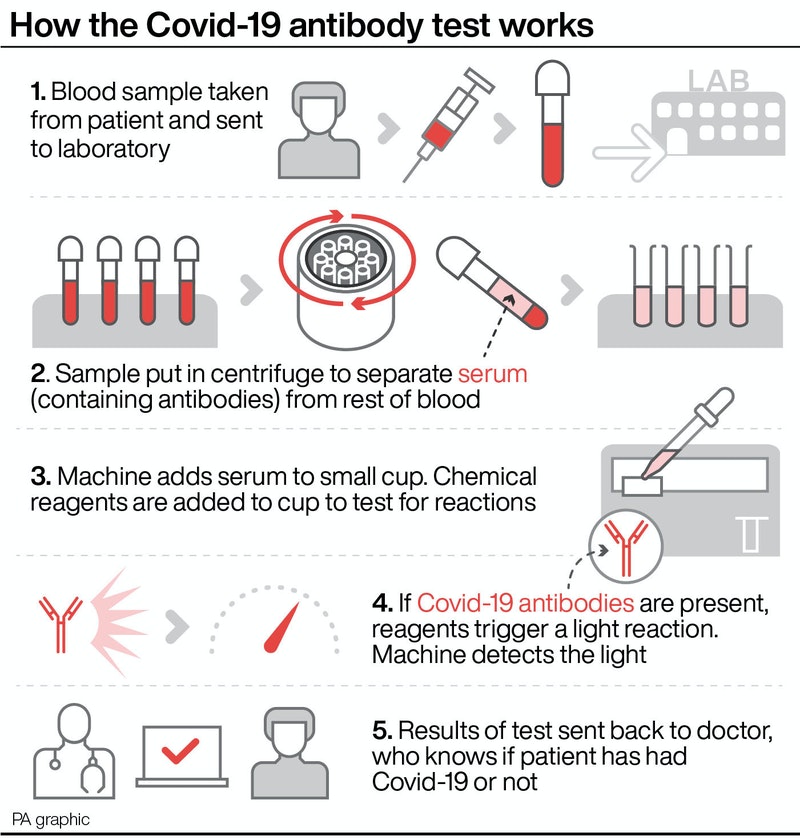 nine0004
nine0004 - Excretory infertility - a violation of the release of sperm from the genital tract, associated with a violation of the anatomical "correctness" of the vas deferens or urinary canal as a result of trauma or infectious diseases. One of the types of excretory infertility is the absence of orgasm and ejaculate associated with damage to the nervous system (true aspermatism). In other cases, when a similar condition develops as a result of complications after surgical interventions on the prostate (transurethral resection of the prostate, for example), the pathology is called false aspermatism, because in this case the sperm is thrown into the bladder. nine0004
- Autoimmune infertility develops when a man's own immune system begins to recognize spermatozoa as foreign agents and disrupts their synthesis at the earliest stages. This is due to an increase in the permeability of the hemato-testicular barrier, which is typical for many infections, injuries, and some systemic diseases.

- Combined infertility is a condition in which a hormonal pathology is combined with a violation of the patency of the seminiferous ducts. nine0004
- Cases where the causes of infertility are not found as a result of the examination are called relative infertility.
Symptoms of male infertility
Many men may not even be aware of their infertility, since potency is not impaired, and there are simply no symptoms, except for the absence of pregnancy in a healthy partner with regular sexual intercourse as a symptom.
Manifestations of infertility make themselves felt in cases where there is a disease that caused it:
- With varicocele of the 2nd and 3rd stage, pulling pains and a feeling of heaviness in the scrotum, dilated veins can be observed.
- Sexually transmitted infections may present with itching and urinary problems.
- In the presence of swelling of the mammary glands, underdevelopment of the testicles and excess weight, hormonal dysfunction can be suspected.
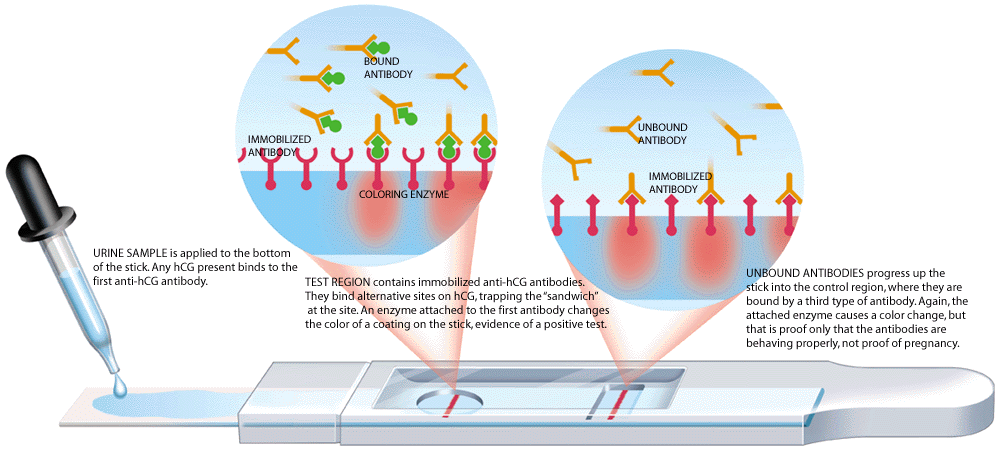
- Lack of sperm indicates anspermia.
Diagnosis and examination of male infertility
Diagnosis and examination of infertility can be divided into 2 large groups: instrumental methods and analyzes of biological media.
Tests for male infertility
- Inflammatory diseases of the genital tract lead to the formation of an adhesive process in them, which leads to excretory infertility, and due to the constant presence of a foreign agent creates conditions for the development of autoimmune infertility. Taking into account the prevalence of sexually transmitted diseases, the doctor prescribes studies to detect the presence of sexually transmitted infections, various urogenital screenings, followed by monitoring the effectiveness of treatment (used to confirm that the treatment of the disease is not limited to subsiding inflammation and its transition to a chronic form).
 Bacteriological seeding of sperm is also carried out, on the basis of which, if uncharacteristic microflora is detected, the doctor decides on further tactics for managing the patient. nine0023
Bacteriological seeding of sperm is also carried out, on the basis of which, if uncharacteristic microflora is detected, the doctor decides on further tactics for managing the patient. nine0023
Detection of STI pathogens (7+KVM*), scraping of epithelial cells of the urogenital tract
Determination of the DNA of microorganisms that cause the most common sexually transmitted infections (STIs) in the vaginal, cervical and urethral nipples...
Up to 1 business day
Available with home visit
RUB 3,185 nine0013
In garbage
INBIOFLOR. Opportunistic mycoplasmas, screening
The profile is designed to detect opportunistic mycoplasmas, which under certain conditions can cause inflammatory diseases of the urogenital. ..
..
Up to 2 business days
Available with home visit
725 RUB nine0013
In garbage
INBIOFLOR. Opportunistic mycoplasmas, treatment efficacy monitoring (Mycoplasma hominis, human DNA (Human DNA)).
Profiles Nos. 3027, 3028, 3029 are designed to monitor the effectiveness of therapy for inflammatory diseases of the urogenital tract after the pathogen has been identified.
Up to 2 business days
Available with house call
475 RUB
In garbage
- Study of the ejaculate (spermogram) allows you to evaluate the viability of spermatozoa, their motility, shape, characteristics of seminal fluid, such as viscosity, pH, and others.
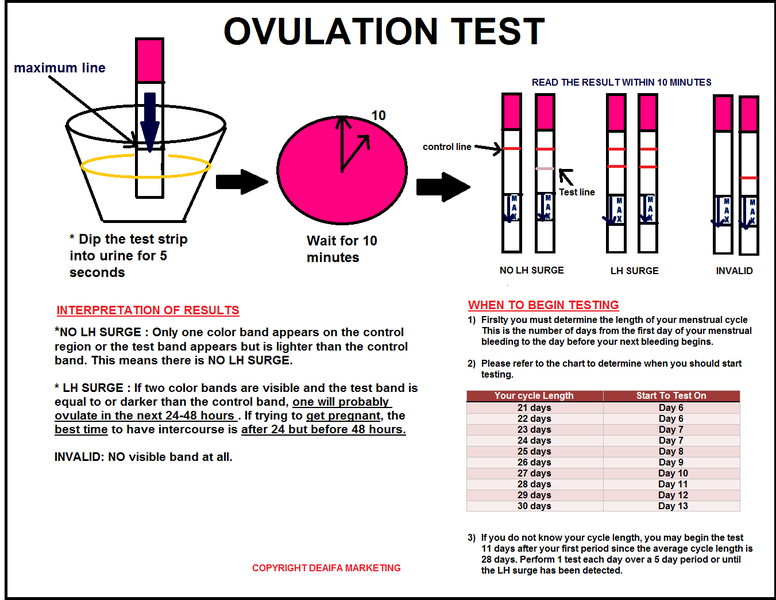 Spermogram can be extended and basic. The extended spermogram includes a more complete range of indicators, for example, the determination of antisperm antibodies. nine0023
Spermogram can be extended and basic. The extended spermogram includes a more complete range of indicators, for example, the determination of antisperm antibodies. nine0023
Spermogram
Research material Ejaculate collected by masturbation in a sterile container. Synonyms: spermiogram; spermatogram; Sperm analysis...
Up to 1 business day
RUB 1,985
In garbage nine0013
- Blood test for antisperm antibodies in cases of suspected autoimmune infertility.
Anti-Spematozoa antibody (serum)
Antibodies to spermatozoa antigens are an additional test in the diagnosis of immunological causes of infertility in men and women. For the first time in infertility serum ...
For the first time in infertility serum ...
Up to 4 business days
Available with house call
RUB 1,545
In garbage
Luteinizing Hormone (LH)
Synonyms: Glycoprotein gonadotropic hormone; luteotropin; Lutropin. luteinizing hormone; LH; Lutropin; Interstitial cell stimulating hormone; ICSH. Brief characteristics of the determined ...
Up to 1 business day
Available with home visit
715 RUB
In garbage
Follicle Stimulating Hormone (FSH)
Synonyms: Blood test for FSH; Follitropin.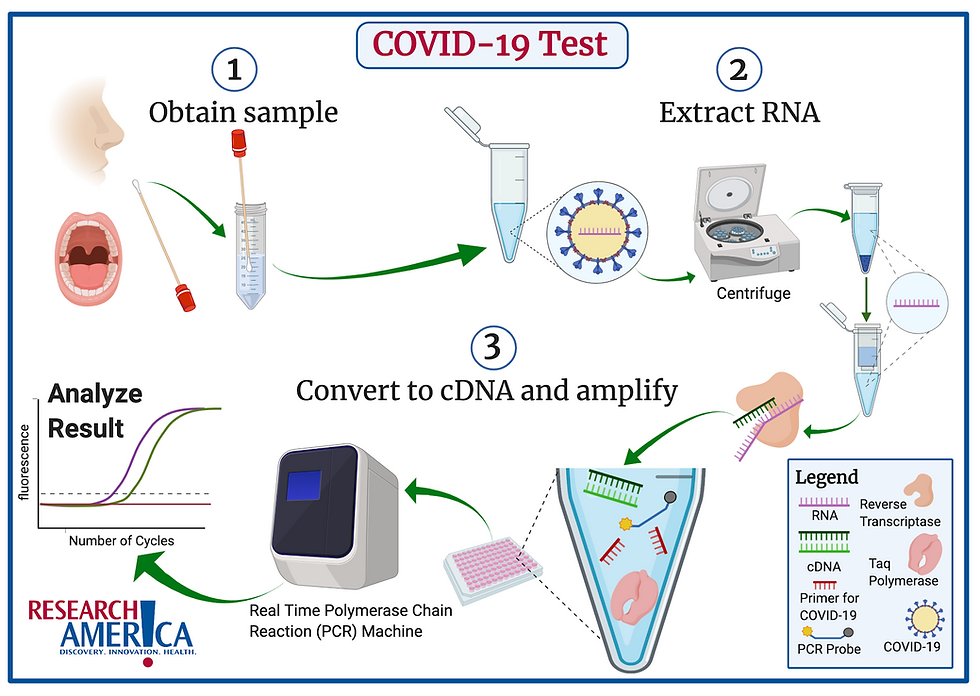 Follicle-Stimulating Hormone; follitropin; FSH. Brief description of the analyte Follicle-stimulating hormone ... nine0013
Follicle-Stimulating Hormone; follitropin; FSH. Brief description of the analyte Follicle-stimulating hormone ... nine0013
Up to 1 business day
Available with home visit
715 RUB
In garbage
Testosterone
Testosterone is the main androgenic hormone. The test is used in the diagnosis of disorders of sexual development and hypogonadism in men; cycle disorders, infertility, virus...
Up to 1 business day
Available with home visit
715 RUB
In garbage
Prolactin (+ additional macroprolactin test if prolactin result is above 700 mU/l)
Synonyms: Blood test for prolactin; Lactotropic hormone; lactogenic hormone; Mammotropin; mammotropic hormone. lactotropin; PRL; luteotropic hormone; LTH. Brief description ...
lactotropin; PRL; luteotropic hormone; LTH. Brief description ...
Up to 1 business day
Available with home visit
715 RUB
In garbage
- Cytological examination of the secretion of the prostate is carried out in cases of suspected prostate disease, including inflammation (prostatitis).
Instrumental diagnostic methods for male infertility
- Ultrasound of the pelvic organs and prostate gland allows to detect the presence of adhesions and additional structures in the pelvic organs.
Ultrasound of the prostate
Ultrasound of the prostate, giving an idea of the condition of the prostate and the presence of pathology.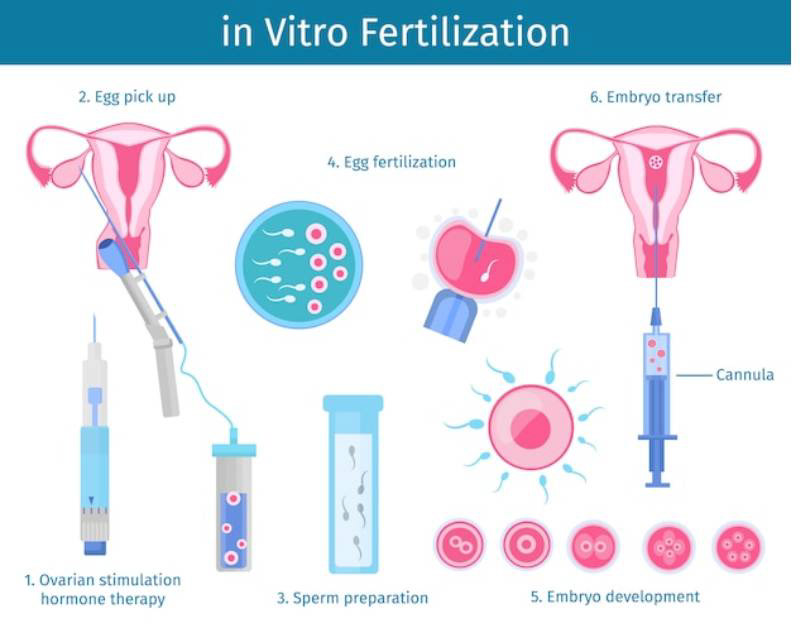
RUB 1,990 Sign up nine0013
- MRI is a diagnostic method that is more accurate than ultrasound and, using contrast, can detect a wider range of diseases.
- Transrectal ultrasound (TRUS) evaluates the patency of the seminiferous ducts.
- If you suspect the presence of a pathology of the pituitary gland, the doctor prescribes a computed tomography of the brain, an MRI of the brain, an x-ray of the skull and the area of the Turkish saddle.
- Genitography - contrast x-ray examination of the vas deferens and ejaculatory canals. nine0004
- A testicular biopsy is prescribed in the presence of very narrow indications, one of which is the absence of spermatozoa in 2-3 spermograms.
Examination of punctures of other organs and tissues (except bone marrow)
Examination of punctates obtained from tumors, pretumor, tumor-like formations of various localization: liver, kidneys, lungs, retroperitoneal tumors, o.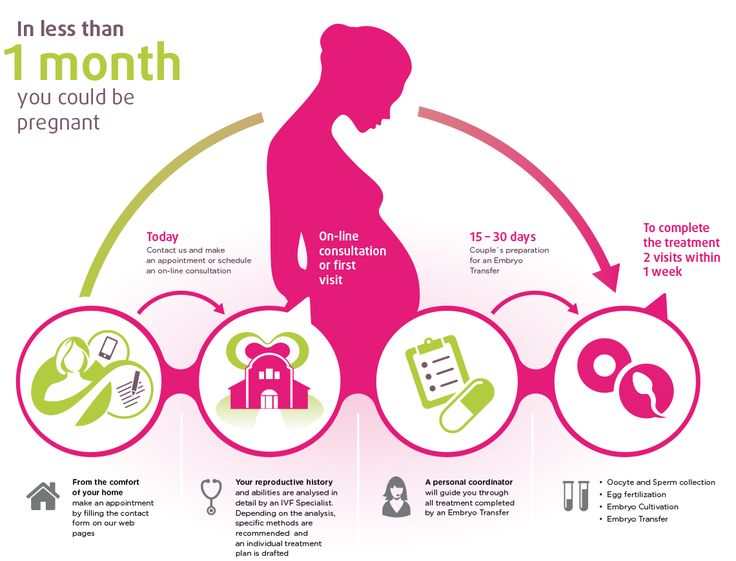 ..
..
Up to 2 working days
Available with home visit
RUB 1,030
In garbage
Which doctors should I contact?
First of all, you should consult a urologist or andrologist (often the same doctor). If a man is healthy, then the cause of infertility is sought by examining his partner.
Treatment of male infertility
If the causative agent of the infection is detected, it is eradicated using antibiotic therapy with monitoring of the effectiveness of treatment.
To achieve the result, the patient should give up bad habits, stop contact with harmful substances, and also stop taking fertility-reducing drugs, if this does not cause serious harm to health.
To stimulate the production of spermatozoa, multivitamins, zinc preparations and a number of other medicinal substances are prescribed for a course of at least 2-3 months. nine0013
If endocrine pathology is identified as a cause of male infertility, hormonal preparations are prescribed. Taking hormones is also relevant for autoimmune infertility.
Hormone therapy should be carried out under strict medical supervision.
The possibilities of surgical treatment are limited by the restoration of the patency of the vas deferens, the treatment of false aspermatism and varicocele.
Assisted reproductive technologies are used when the above methods of treatment are ineffective, they include the introduction of pre-cleaned sperm into the uterine cavity, IVF, intraplasmic sperm injection (used for extremely poor sperm counts, one high-quality sperm is injected into the egg with a pipette).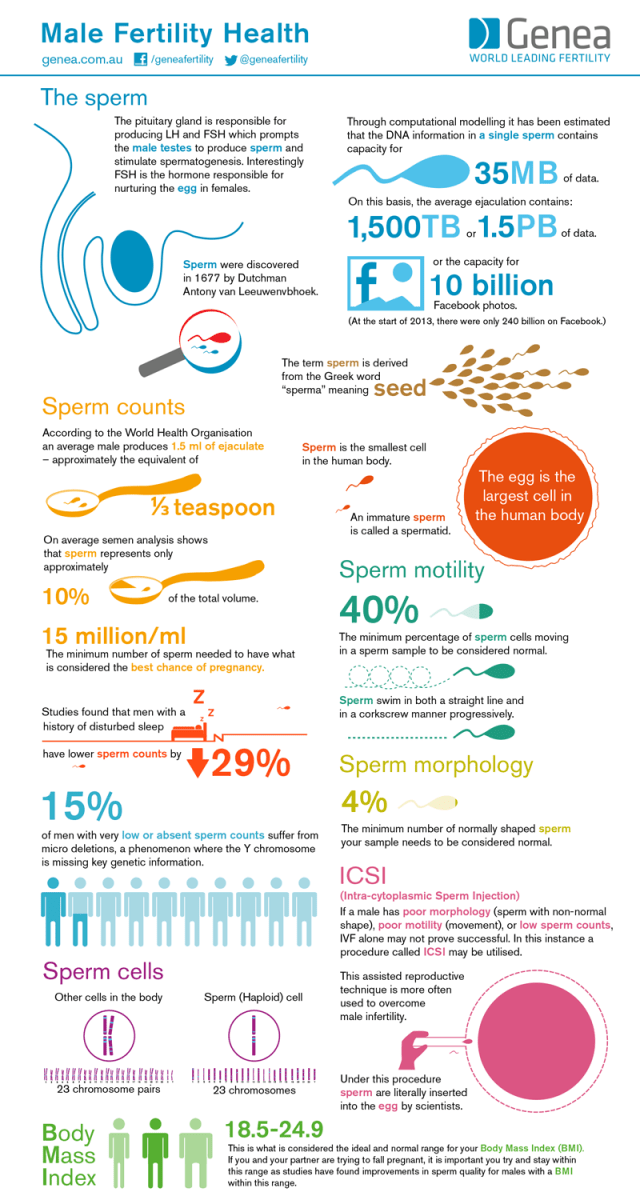 In the absence of effect, fertilization with donor sperm is carried out. nine0013
In the absence of effect, fertilization with donor sperm is carried out. nine0013
Complications
In many cases, infertility, if left untreated, can cause complete impotence (a man loses not only the ability to have sex, but also desire), as well as such terrible complications as prostatitis and prostate cancer.
Male infertility prevention
To reduce the risk of infertility, it is necessary to visit a urologist/andrologist regularly. This will allow timely detection of pathology and minimize its consequences. nine0013
Regular urogenital screenings detect acute or chronic inflammation.
The absence of promiscuity reduces the risk of contracting sexually transmitted infections.
Sources:
- Alyaev Yu.G., Grigoryan V.A., Chaly M.E. Sexual and reproductive disorders in men. — M.: Litterra-2006. pp. 52–96.
- V.N. Shirshov. The current state of the problem of male infertility: a review of the clinical guidelines of the European Association of Urology.
 Clinical practice, journal. No. 1/2016. S. 39-49.
Clinical practice, journal. No. 1/2016. S. 39-49. - Clinical guidelines "Male infertility". Developed by: Russian Society of Urology. - 2021. - 25 p.
IMPORTANT!
The information in this section should not be used for self-diagnosis or self-treatment. In case of pain or other exacerbation of the disease, only the attending physician should prescribe diagnostic tests. For diagnosis and proper treatment, you should contact your doctor.
For a correct assessment of the results of your analyzes in dynamics, it is preferable to do studies in the same laboratory, since different laboratories may use different research methods and units of measurement to perform the same analyzes. nine0013
Recommendations
-
Schizotypal disorder
13389 21 December
-
Lactase deficiency
13398 21 December
nine0009
Swine Flu (Influenza A/h2N1pdm09, California 04/2009, Mexican Flu, Swine Flu, Influenza A Subtype h2N1)
29 December 20
Show more
Tumor
nine0012 MalocclusionSyphilis
Candidiasis
Lupus erythematosus
Psoriasis
nine0012 IchthyosisTongue cancer
Tongue cancer: causes, symptoms, diagnosis and treatment.
More
Fungus
Syphilis
Chicken pox
Alopecia
Alopecia: causes, symptoms, diagnosis and treatment.
More
Hyperkeratosis
Allergy
Hypogonadism
nine0012 CryptorchidismLymphogranulomatosis
Lymphoma
Myeloma
Carcinoma
nine0012 Malabsorption syndromeSystemic lupus erythematosus
Dermatomyositis
Diabetes mellitus
Ichthyosis
Ichthyosis: causes, symptoms, diagnosis and treatment.
More
Rubella
Herpes
Syphilis
Diabetes mellitus
nine0012 HyperopiaAsthenopia
Miscarriage
Miscarriage: causes, symptoms, diagnosis and treatment.
More
Ulcer
HIV
nine0012 IntoxicationRash
Lymphadenopathy
Neurosyphilis
Syphilis
Syphilis: causes, symptoms, diagnosis and treatment.
More nine0013
No results found
Try editing your query or select a doctor or service from the list.
Doctor not found
Try changing your query or select doctor from the list
Medical office not found
Try changing your query or select medical office from the list
Therapist Traumatologist-orthopedist Endocrinologist Urologist Gynecologist Ultrasound doctor Cardiologist Pediatrician
No results found
Try changing your query
Thank you!
You have successfully made an appointment
Detailed information has been sent to your e-mail
How to detect infertility in women
How to detect infertility in women - symptoms The number of infertile couples is growing every year, and the question of how to test a woman for infertility is very relevant.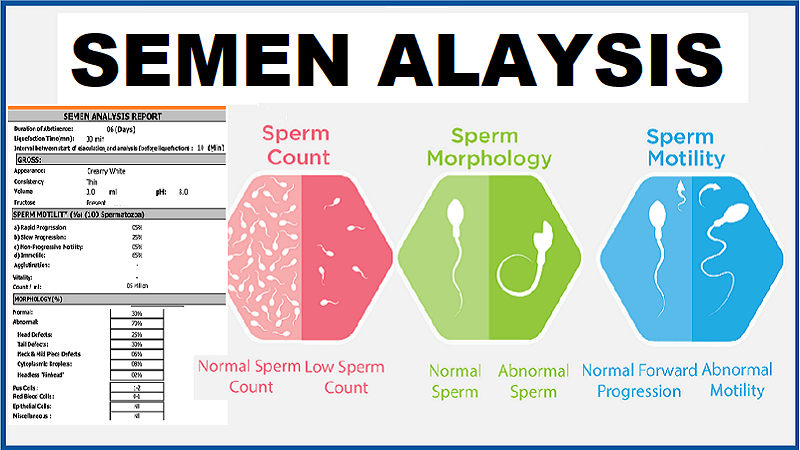 They are asked by quite healthy women who fear for their future, and those who have already faced the inability to get pregnant. Fortunately, modern medicine allows everyone to undergo infertility diagnostics. nine0013
They are asked by quite healthy women who fear for their future, and those who have already faced the inability to get pregnant. Fortunately, modern medicine allows everyone to undergo infertility diagnostics. nine0013
How to detect infertility in women?
A woman can draw the first conclusions about her reproductive health herself. To do this, she needs to observe herself: are there menstrual irregularities that indicate problems with ovulation, does the basal temperature show the onset of ovulation, how long can she not get pregnant?
For a complete diagnosis of infertility, it is best to consult a gynecologist and take the prescribed tests:0004
Infertility symptoms:
The most important sign of a couple's problems is the absence of pregnancy during a year of unsuccessful attempts to conceive. Also, possible infertility is indicated by menstrual irregularities - an irregular cycle, too scarce or heavy, painful menstruation.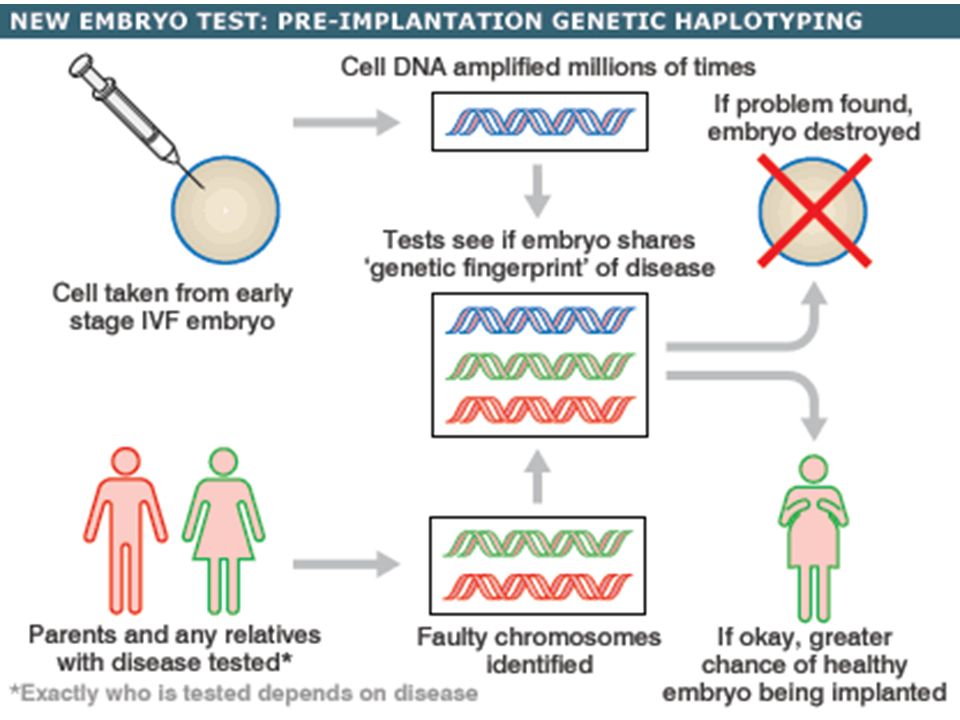 The presence of hormonal abnormalities is evidenced by skin problems, excessive growth of body hair, discharge from the mammary glands. It can be assumed that infertility is caused by polycystic ovary syndrome, if there is a lack of menstruation and ovulation, hypertrichosis, and obesity. nine0013
The presence of hormonal abnormalities is evidenced by skin problems, excessive growth of body hair, discharge from the mammary glands. It can be assumed that infertility is caused by polycystic ovary syndrome, if there is a lack of menstruation and ovulation, hypertrichosis, and obesity. nine0013
If a woman notices these warning signs, she should see a specialist as soon as possible. The doctors of the clinic of Professor Valery Mstislavovich Zdanovsky will advise the patient on how infertility in women is determined, if necessary, they will prescribe an examination and competent treatment.
Doctors of the clinic
Andrey Igorevich Kholnov
Obstetrician-gynecologist, candidate of medical sciences
Galina Valerievna Baybarina
Obstetrician-gynecologist, reproductologist, candidate of medical sciences
Solovieva Elena Anatolyevna
Obstetrician-gynecologist
All doctors
Clinic services
Infertility treatment
The clinic provides infertility treatment with all currently available ART methods using cryopreservation technologies, according to donation and surrogacy programs…
Diagnosis of infertility
A number of instrumental and laboratory tests are required to make a correct diagnosis. Examination of both partners is the first important step towards overcoming infertility…
Examination of both partners is the first important step towards overcoming infertility…
IVF
For decades, IVF has enabled infertile patients to become parents. Professor Zdanovsky's clinic has been working in this direction for more than 30 years…
ICSI
Being one of the methods of assisted reproductive technologies, ICSI is a method of egg fertilization by microinjection of a single spermatozoon into the oocyte...
All services
nine0522 FAQ- When is infertility diagnosed?
-
First you need to understand what infertility is and when a couple gets this diagnosis. Infertile are considered partners of reproductive age who lead a regular sex life without using contraceptives. If a couple fails to get pregnant in a year, she has a good reason to turn to a specialist.
The diagnosis of infertility is confirmed by such tests as semen analysis, ultrasound, hormone levels, smears, histological and endoscopic examination.
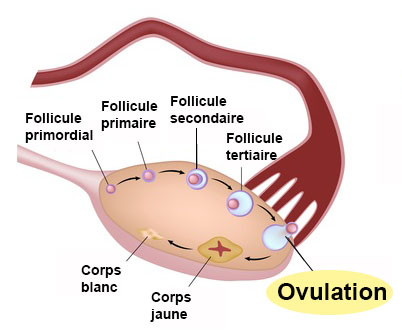 nine0013
nine0013
- How to determine infertility in women?
-
The answer to the question of how to determine infertility in a girl or woman is very simple: visit an obstetrician-gynecologist for a consultation. The doctor will collect an anamnesis, conduct a gynecological examination, take the necessary tests. Perhaps this will already be enough to diagnose infertility. Otherwise, the specialist will prescribe other types of studies designed to identify one or another form of infertility. nine0013
- How to determine the form of infertility?
-
When determining the type of infertility, one also speaks of primary and secondary infertility. In the case of primary infertility, a violation of the reproductive function of a woman is recorded for the first time, and the man does not and did not have the ability to fertilize. Secondary infertility is diagnosed when a woman has had at least one pregnancy, regardless of the partner and the outcome of this pregnancy.
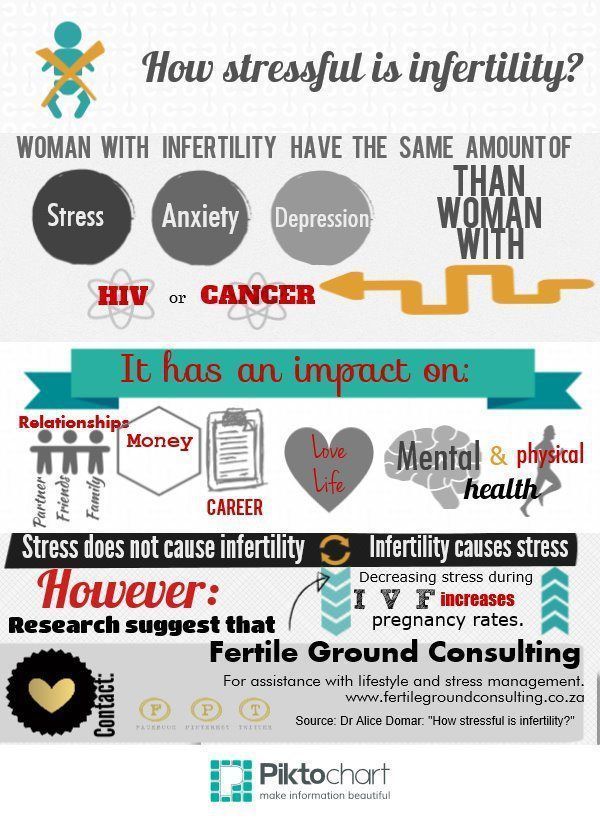 If we are talking about male infertility, then pregnancy was recorded from this man, but now his reproductive function has been lost due to one reason or another. nine0013
If we are talking about male infertility, then pregnancy was recorded from this man, but now his reproductive function has been lost due to one reason or another. nine0013
- Is it possible to conceive a child with male infertility?
-
With qualified treatment, many couples, even with severe forms of male infertility, can conceive a child. Therefore, the diagnosis of male infertility should not be taken as the end of all hopes for a desired pregnancy. So far, more than 40% of infertile couples who have followed their doctor's recommendations and received treatment have been able to conceive. For those for whom natural conception is not possible, an alternative method of fertilization can always be offered. When there is a male factor of infertility, IVF, intrauterine insemination are quite effective. nine0013
- How to respond to the diagnosis of infertility?
-
Women tend to react emotionally when they are diagnosed with infertility.
